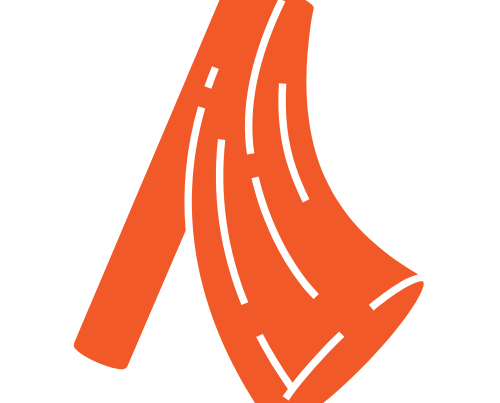This post will be a relatively short one, but this question is very important. I have been queried about this phenomenon numerous times in the office and while lecturing to other surgeons. Compression of the occipital nerves can come from spastic muscles in the neck, scar tissue, thickened fascia (a tough type of connective tissue) and abnormal blood vessels, specifically branches of the occipital artery. When the latter are involved, the pathology to the nerve is much like that of an anaconda strangling its prey if the blood vessel is wrapped around the nerve or alternatively that of a jackhammer if the artery lies next to the nerve in a small, fixed space. In both instances, when the blood pumps through the artery with greater force, the pulsations will pound the adjacent nerve with greater force. Hence, when blood pressure increases, so does the pulsatile force against the nerve and hence the pain.
What types of things can cause blood pressure to rise? Not surprisingly these forces are many of the same triggers that people report all the time: stress, exercise, caffeine ingestion, pain, etc. In the past, I have posted pictures and videos of a greater occipital nerve in the process of being decompressed. During the dissection, I was able to demonstrate a pulsatile occipital artery branch passing right over the greater occipital nerve. In addition, once someone experiences pain, their blood pressure rises which in turn causes the arteries to pump harder thus causing more pain, which causes a further rise in blood pressure and setting in motion a terrible positive feedback loop. For these reasons, when we see vascular compression of the occipital nerves in the OR, we tie off and/or cauterize those vessels so that they no longer impact the nerves. The bottom line, stress most definitely can exacerbate ON symptoms, for all of the reasons noted above.





